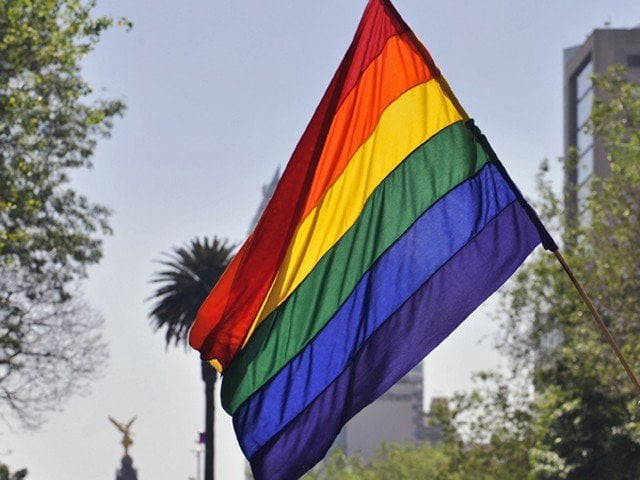Sri Lanka scuttles move to legitimise homosexuality
Country's 1883 penal code, legacy of its British colonial rulers, makes sex between men punishable by 12 years in jail

Country's 1883 penal code, legacy of its British colonial rulers, makes sex between men punishable by 12 years in jail. PHOTO: AFP
Sri Lanka's 1883 penal code, a legacy of its British colonial rulers, makes sex between men punishable by 12 years in jail, although the law is rarely enforced.
Health Minister Rajitha Senaratne said the cabinet had refused to endorse a provision in a proposed human rights plan that would have undermined the code.
African nations fail to block UN's first-ever LGBT expert
"There was a provision referring to the sexual orientation of individuals and we clearly said it was not acceptable," said Senaratne, who is also the government spokesperson.
"The government is against homosexuality, but we will not prosecute anyone for practising it," the minister said, adding that the island's conservative Buddhist clergy was also opposed to the provision.
He said the proposed National Human Rights Action Plan included a provision to remove "discrimination based on sexual orientation".
Saudi plan to bar transgender persons from performing Umrah is un-Islamic: Ghamidi
"People could interpret this (rights plan) in their favour," the minister said, adding that the government did not want to create "social problems" by inviting a challenge to the law.
Following intense campaigning by a gay rights group in 1995, the then government agreed to review the penal code that prohibited sex between men.
But rather than repeal the law, they expanded it to include women.
Rights activists say although there have been no known prosecutions in recent decades, Article 365 of the penal code is discriminatory and stigmatises homosexuality.
They also argue that it has led to the abuse of gay people.



















COMMENTS
Comments are moderated and generally will be posted if they are on-topic and not abusive.
For more information, please see our Comments FAQ